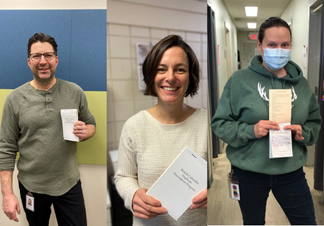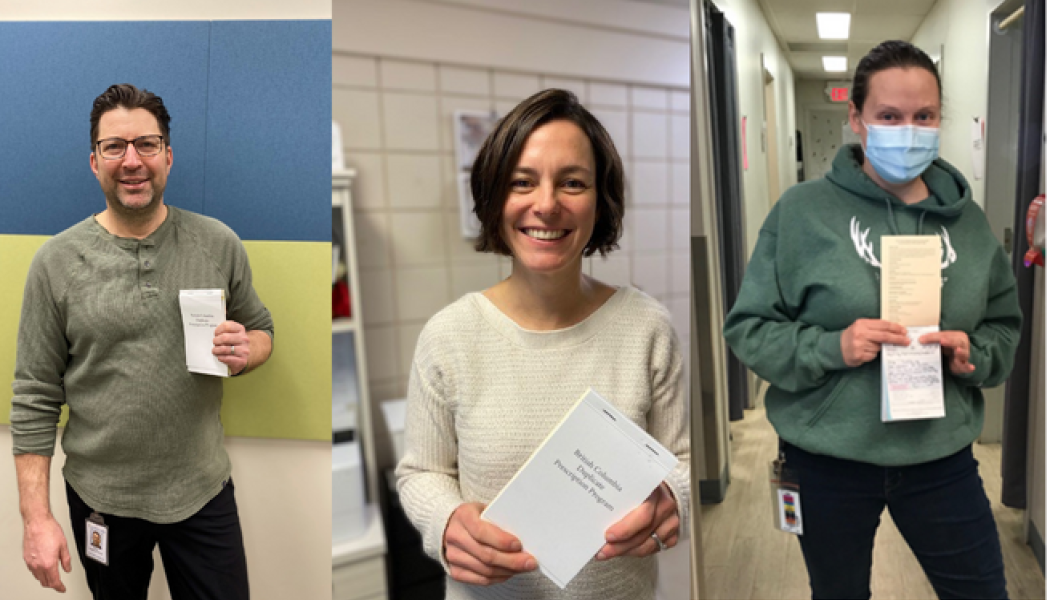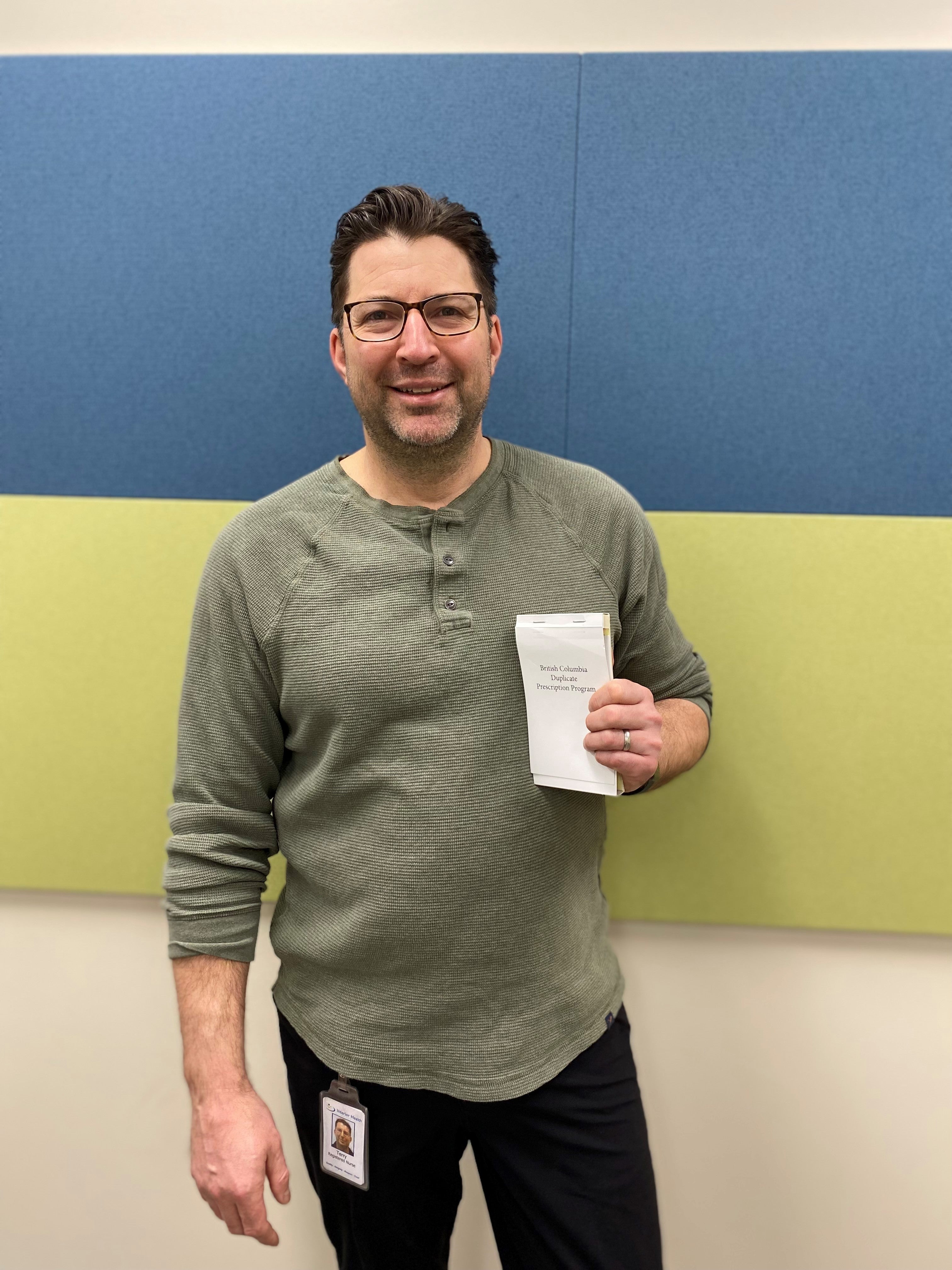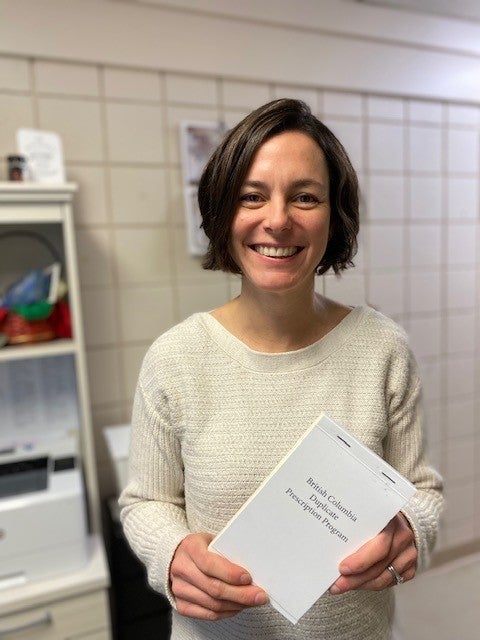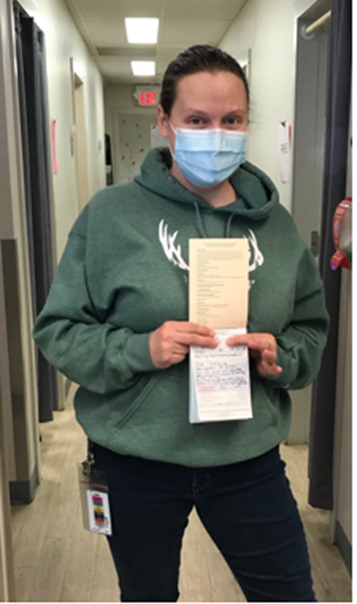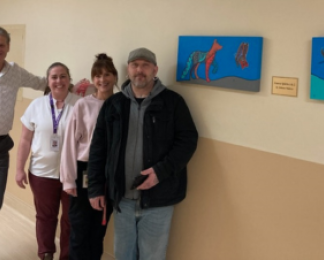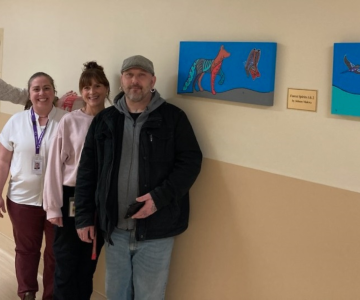It has been two years since Interior Health registered nurses (RNs) and registered psychiatric nurses (RPNs) began prescribing opioid agonist therapy (OAT).
In September 2020, a public health order (PHO) was issued by Dr. Bonnie Henry to enable nurse prescribing with the goal of increasing access to medication-assisted treatment and safer alternatives to the toxic illicit drug supply.
This PHO paved the way for the BC College of Nurses and Midwives and the BC Centre on Substance Use to work with the Ministry of Mental Health and Addictions and health authorities to develop the nurse prescriber scope in 2021.

